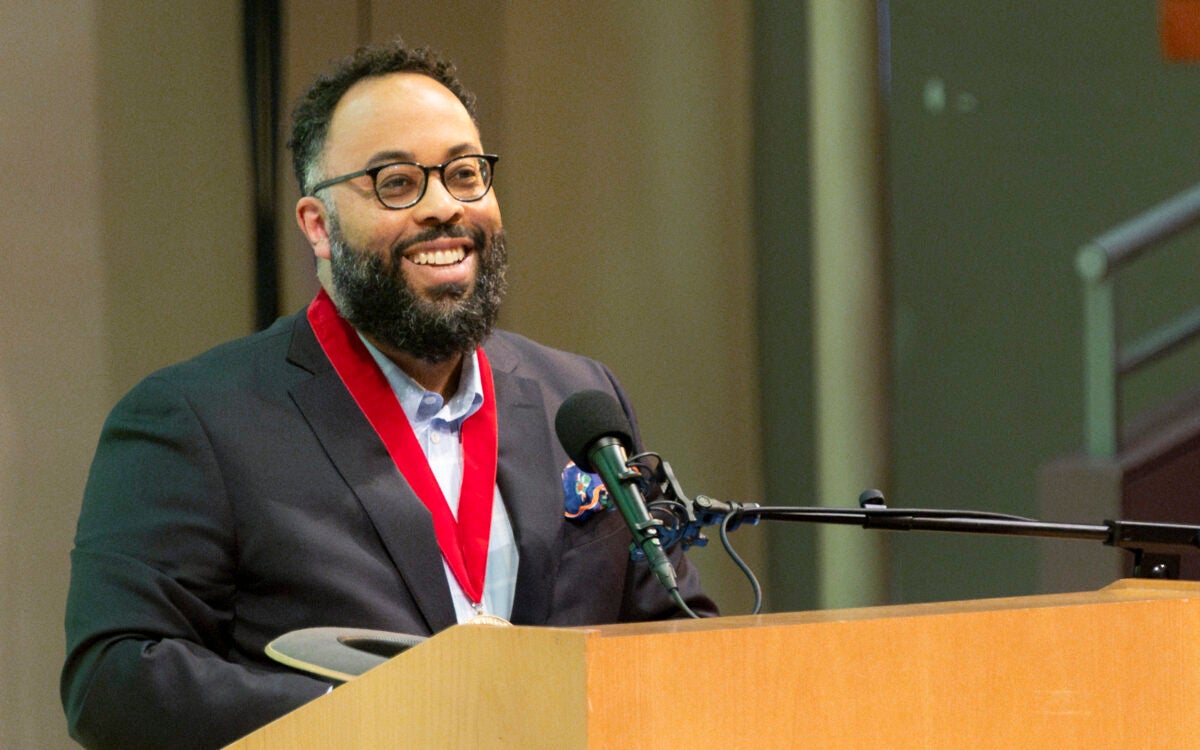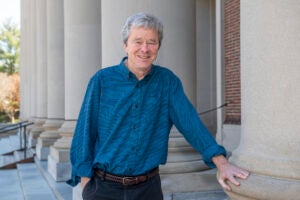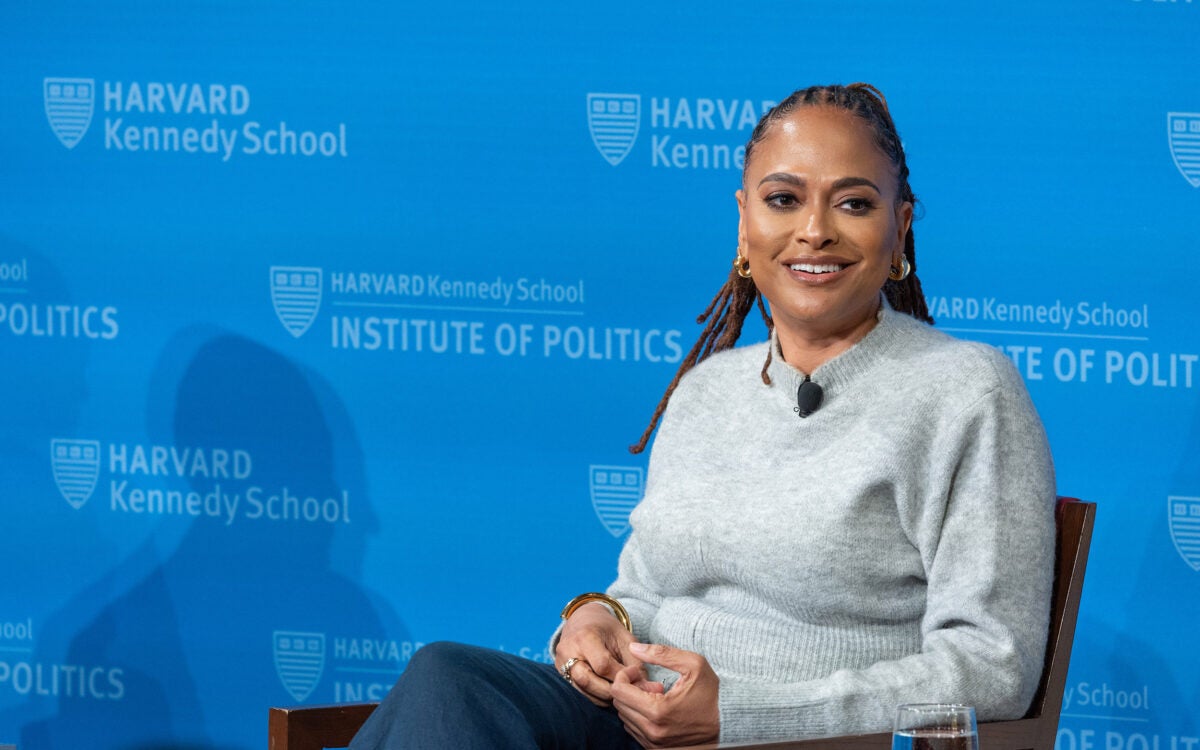Maybe this book will change your life
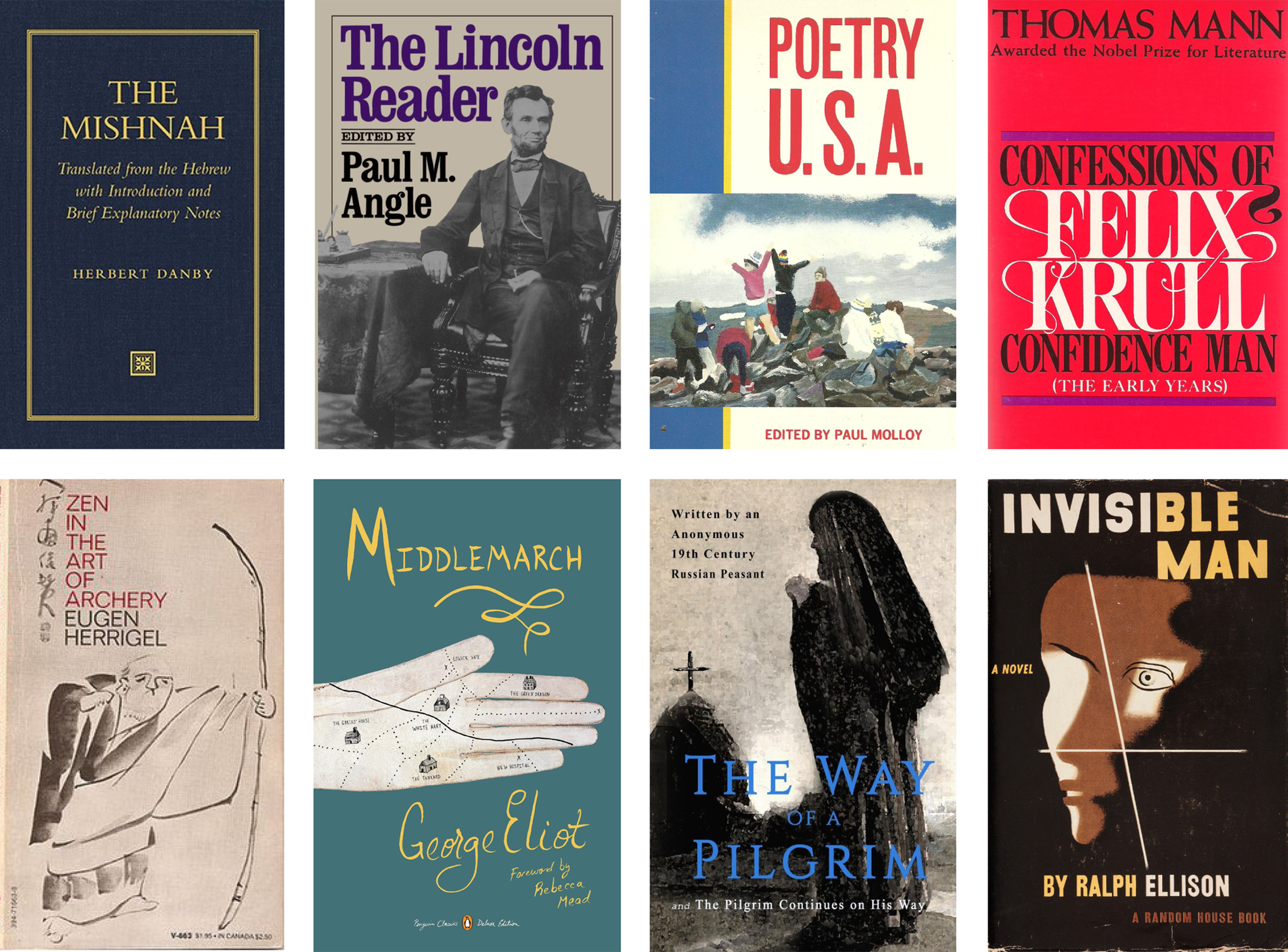
Harvard scholars share from experience stories and ideas of uncommon wisdom
Lots of books contain lots of information — names and dates, recipes, tips for everything from pregnancy to bike repair. But not all are fonts of wisdom. With that in mind, we asked Harvard faculty to tell us about books that left them transformed. The responses, which have been edited for clarity and length, highlight fiction, philosophy, poetry, and biography.
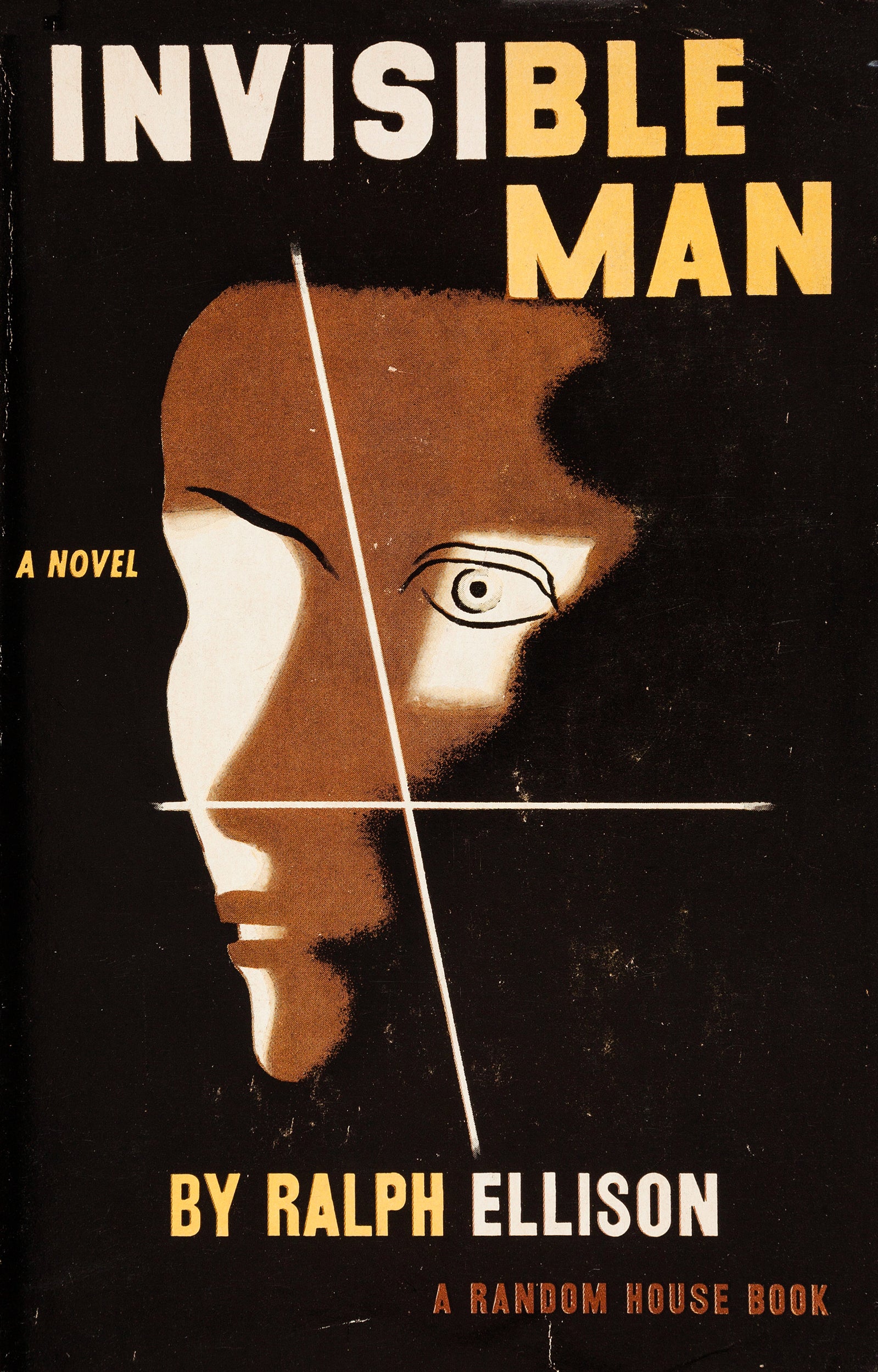
Danielle Allen
James Bryant Conant University Professor
“Well, it’s hard to answer that question without just saying the Bible,” said Allen, who is also the director of the Edmond J. Safra Center for Ethics. “It has certainly always helped me with some of life’s toughest challenges — from anger and despair to fear and pride. And it helps me focus on seeking to bring a loving spirit into the world every day. Then there’s Aristotle: ‘Nicomachean Ethics,’ ‘Politics,’ and ‘Rhetoric.’ That’s where I learned to analyze problems of action and decision so as to see the many intersecting human stakes and all the asteroids and landmines you have to dodge while you keep your eye on the prize of trying to foster human flourishing.”
Moving into fiction and poetry, Allen cited Ralph Ellison’s “Invisible Man,” saying the novel “taught me to see in my country the extraordinary tragicomic mix of dark and light that defines us. And what beloved book hasn’t helped in some way with life’s challenges?” One of her favorite poems is William Carlos Williams’ “This Is Just to Say.”Allen quoted:
I have eaten
the plums
that were in
the icebox
and which
you were probably
saving
for breakfast
Forgive me
they were delicious
so sweet
and so cold
The takeaway? “Everyone needs to know how to get an apology just right!”
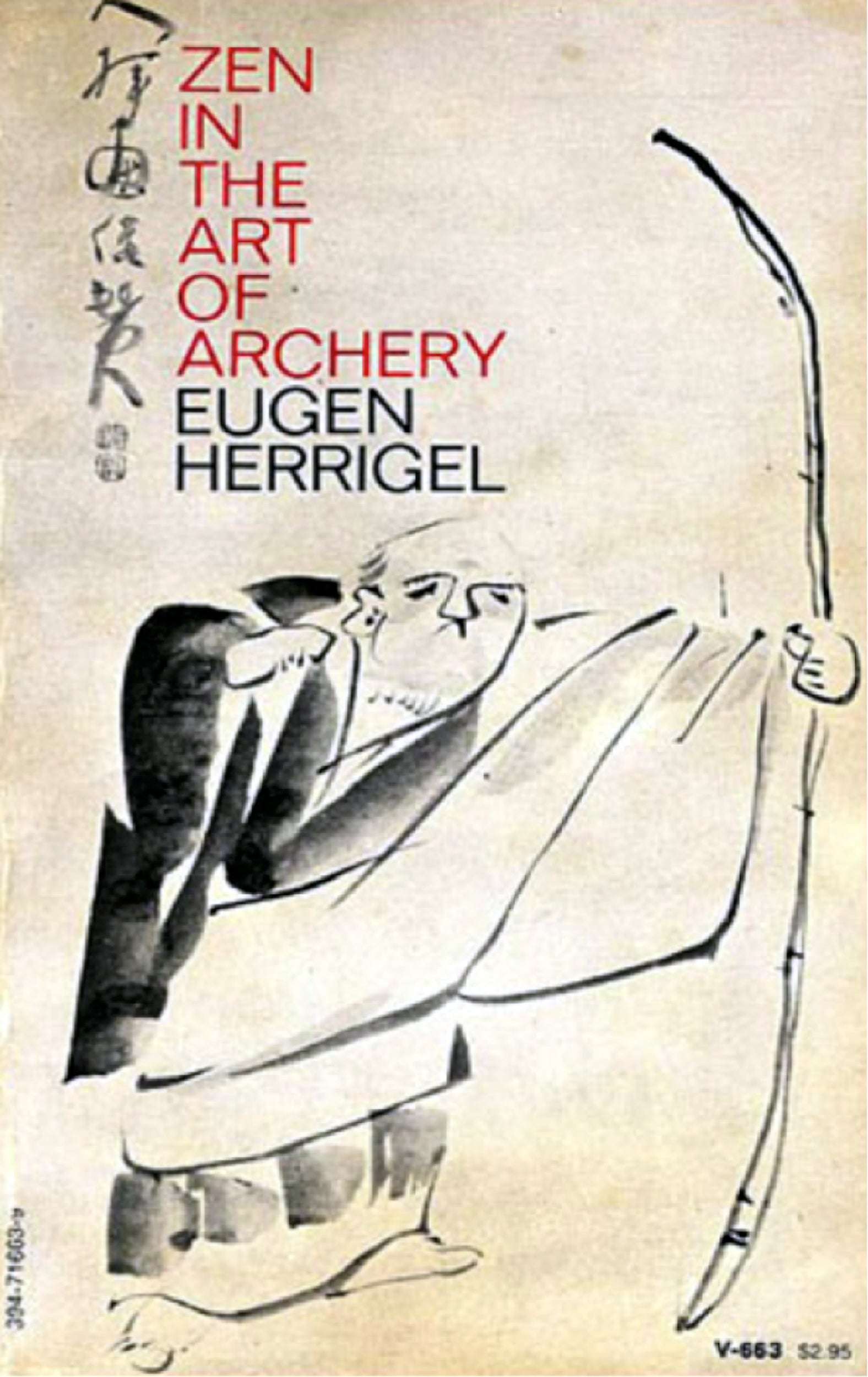
Arthur C. Brooks
William Henry Bloomberg Professor of the Practice of Public Leadership
“The books I read that improve me as a person are almost all from the philosophy or wisdom literatures,” said Brooks, a columnist for The Atlantic. Two that stand out: “Zen in the Art of Archery,” by Eugen Herrigel, and “The Way of a Pilgrim,” by an anonymous Russian monk.
The first “methodically walks the reader through the author’s multiyear effort to learn Zen through the study of archery in Japan. What it demonstrates is the truth of Zen, which is that it is not a philosophy but an attitude. The Zen practitioner observes the world with complete openness; this is why it cannot be taught, but only discovered through a third activity. This book shaped my approach to a lot of things — even my own teaching and writing.”
The second “is the world’s most boring page-turner. It chronicles the author’s walk through 19th-century rural Russia, reciting the ‘Jesus Prayer,’ a short, simple prayer that one says over and over again, like a mantra. It teaches the reader that the secret to adventure in life is not going larger — more things, bigger experiences — but smaller: noticing the details of life. This has had a huge impact in my life and work and led me to cracking the code for true satisfaction.”
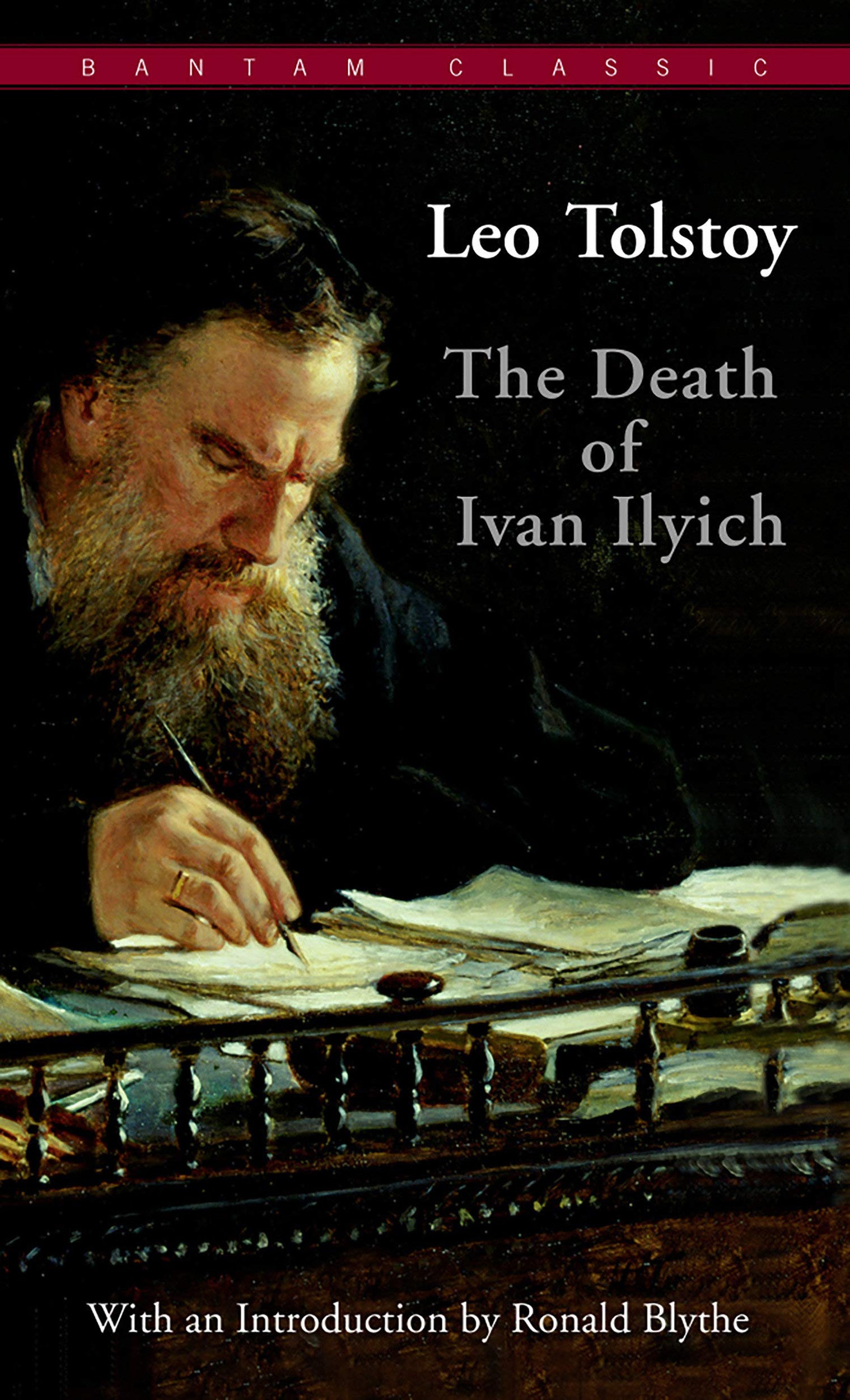
Jerome Groopman
Dina and Raphael Recanati Chair of Medicine
“Iread ‘Pirkei Avot’ as a teenager and have reread it through the years,” recalled the doctor and New Yorker writer. “Pirkei” is a section of the Mishnah, the first text of Jewish law. Groopman describes it as a collection of “aphorisms, insights, and so on which date back about 2,000 years.” It is usually translated as “Ethics of Our Fathers,” but more correctly translated as ‘Fundamental Principles,” he said.
“As I’ve progressed through life, I’ve found that the book and its contents have spoken to me in all different kinds of contexts.” As an example, he cited a series of questions in it posed by the rabbi and scholar Hillel: “If I am not for myself, who will be for me? If I am for myself only, what am I? And if not now, then when?”
“When you go through life, you think about your own needs, but you also have to realize — and should realize — that selfishness or ego needs to be restrained,” said Groopman. “And that there is a tendency to procrastinate in terms of taking action, particularly beyond yourself.”
He added: “I teach a freshman seminar on the literature of medicine, and one of the major issues that we tackle has to do with whether you have an internal moral compass. We read a whole variety of texts. We even read ‘The Death of Ivan Ilyich’ by Tolstoy. Money and power and the drive to success are all very seductive and Tolstoy certainly touches on that. And certainly within the culture of Harvard, all of that is out there. So how do you decide on external expectations versus doing what is meaningful to you? Are you being driven by internal motivation or by satisfying others? There’s a wonderful ‘Pirkei Avot’ quote, which says: ‘Who is the wealthy person? The person who rejoices in his or her portion in what he or she has.’ So the ability to appreciate and rejoice in what you have and what you’ve done and what you’ve defined for yourself — which is something that Ivan Ilyich is unable to do — is something to keep front and center in your life.”
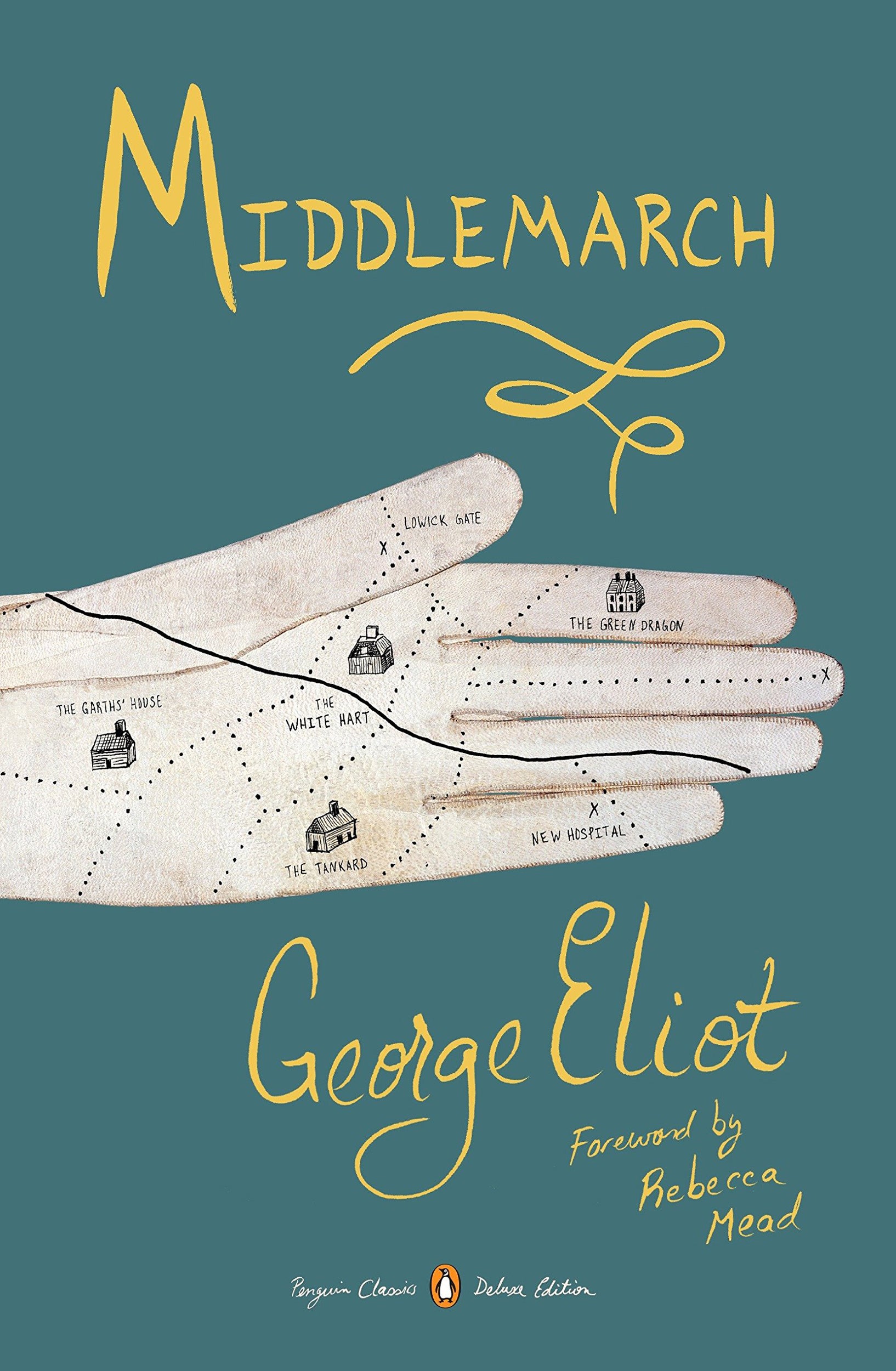
Nancy Koehn
James E. Robison Professor of Business Administration
Among the books that have made Koehn “a stronger, more compassionate, more courageous person” is George Eliot’s “Middlemarch.” Describing the 19th-century novel as the progression of “a young woman who moves through her own narcissism and into greater awareness and a deeper sense of love and service through disappointment and encounters with the natural world,” Koehn called it “an extraordinary novel about rising into our better selves.”
“I heartily commend it not only as a great story and a beautifully written novel, but also as a book about life’s lessons and how we can get the most out of them,” she said.
Another favorite: “Shackleton,” by Roland Huntford. “It’s an extraordinary work from the world’s leading expert on Antarctic explorers from the golden age of exploration,” Koehn said. “It’s about Shackleton the man and how in in an extraordinary crisis he rose to find his strength, his sense of service, his ingenuity, his courage, his resilience in order to save the lives of 27 men and himself when his ship was stranded on the ice off the coast of Antarctica in 1915. It’s about how ordinary people make themselves capable of doing an extraordinary things.”
The historian also cited “The Lincoln Reader,” edited by Paul M. Angle. The book is “a collection of reminiscences from people who knew Lincoln, not only as president, navigating the country through this extraordinarily bloody and terrible Civil War, but also about how Lincoln the human being became Lincoln, one of our greatest, if not our greatest, president.”
For a fourth book, Koehn named “The Power of Now: A Guide to Spiritual Enlightenment” by Eckhart Tolle. “It’s a book I’ve returned to many, many times in the 20 years since I first read it.” The book “is about how we learn to stay present in the moment,” she explained. “And why that is so very important to being able to discover not only who we truly are, what our deepest core being is, but also how we can treat people, how we can treat the Earth, with respect and dignity. How we can truly live in vibrant connection not only with other people but with all life. It’s a wonderful, wonderful book that can be read in pieces or as a whole — and that deserves, like every book I’ve mentioned here, to be returned to over and over again.”
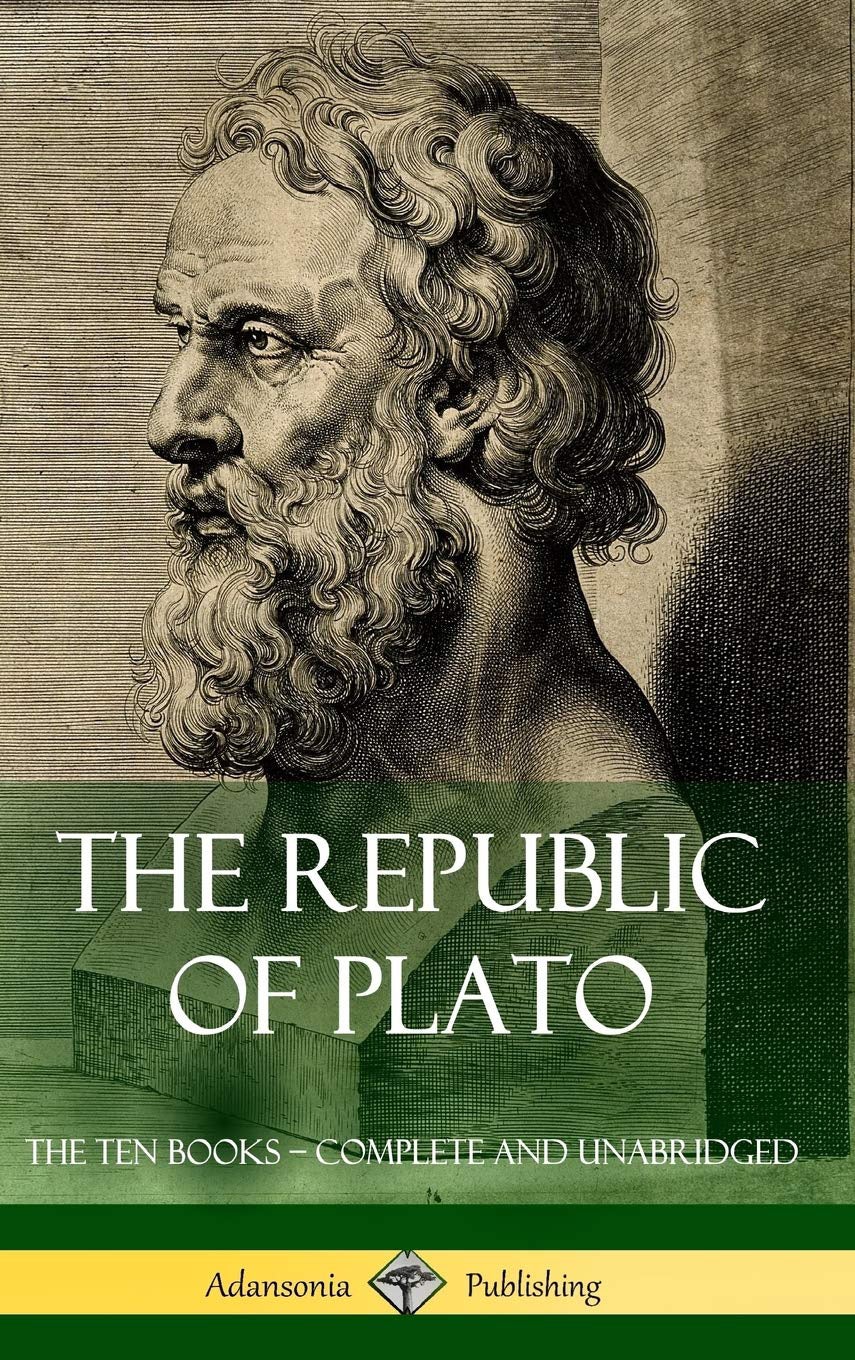
Susanna Siegel
Edgar Pierce Professor of Philosophy
Siegel took a philosophical approach to the question, slightly rewording it to discuss what literature can do. “What can make a book life-changing?”
“A book can juxtapose points of view, each of which may seem compelling, emboldening, disgusting, or frightening on its own, but further dimensions and consequences of each perspective are revealed when you behold them together, in a single space. That space is the book.
“Novels with many characters are the usual example of such spaces,” said Siegel, whose own work focuses on the philosophy of mind and epistemology, especially on perception. “Because points of view are personified, the relationships between them are interpersonal relationships. But the book where I first encountered this deepening of insight was not a novel, it was Plato’s ‘Republic.’ I treated as incidental the fact that the ‘views’ were articulated by characters. I didn’t focus on the interpersonal dynamics between the characters at all, as I was less interested in the emotional dimensions of relationships or in how to ‘fill out a character. … The only function of the dialogue form, I thought, was to create a handy way to work through multiple possible answers to the question that shapes a line of inquiry, and avoid constantly having to say ‘According to the first answer …’ and so on.
“Decades later, I have found this book comes alive to students much more easily if you give space to the interpersonal dynamics between the characters. Take Socrates: Are his statements of humility sincere, or is he a jerk on a power trip? These questions don’t pertain directly to ‘what he’s saying,’ when you take his words at face value. But if you make space for such questions in discussing the book, you make it possible to see the interface between a person and a point of view. This is a way of giving full weight to the points of view. They allow a reader not only to think about the position, but to picture what it might be like actually to believe these things and to act on them unthinkingly, by habit.
“A different way for a book to be life-changing is to portray possible ways of being in the world that a reader hadn’t known were possible. In my early 20s, the book that did this most powerfully for me was Thomas Mann’s unfinished novel, ‘Confessions of Felix Krull,’ an extended meditation on the relationship between personal freedom and the exhilaration that can come from controlling people’s perceptions purely by words, wit, gesture, and other embodied means of impersonation — not just in isolated moments of conversation, but in entire social roles. Felix Krull feigns illness to miss school and escape from military service, and eventually grows into a confidence man. (I remember secretly wondering whether a confidence man feels more confident than other people, and if so, whether this would be a good route to feeling that way.)
“In retrospect, I believe the narrator’s stunning observations about perception prompted my interested in that topic,” said Siegel.
She quoted from Mann:
What a wonderful phenomenon it is … when the human eye, that jewel of organic structures, concentrates its moist brilliance on another human creature! This precious jelly, made up of just such ordinary elements as the rest of creation, affirming, like a precious stone, that the elements count for nothing, but their imaginative and happy combination counts for everything — this bit of slime embedded in a bony hole … is able, so long as the spark of life remains alert there, to throw such beautiful, airy bridges across all the chasms of strangeness that lie between man and man!
“When I read these sentences about perception in the early 1990s, I would never have dreamed that I would write piles of essays and two books on this topic,” Siegel said.
